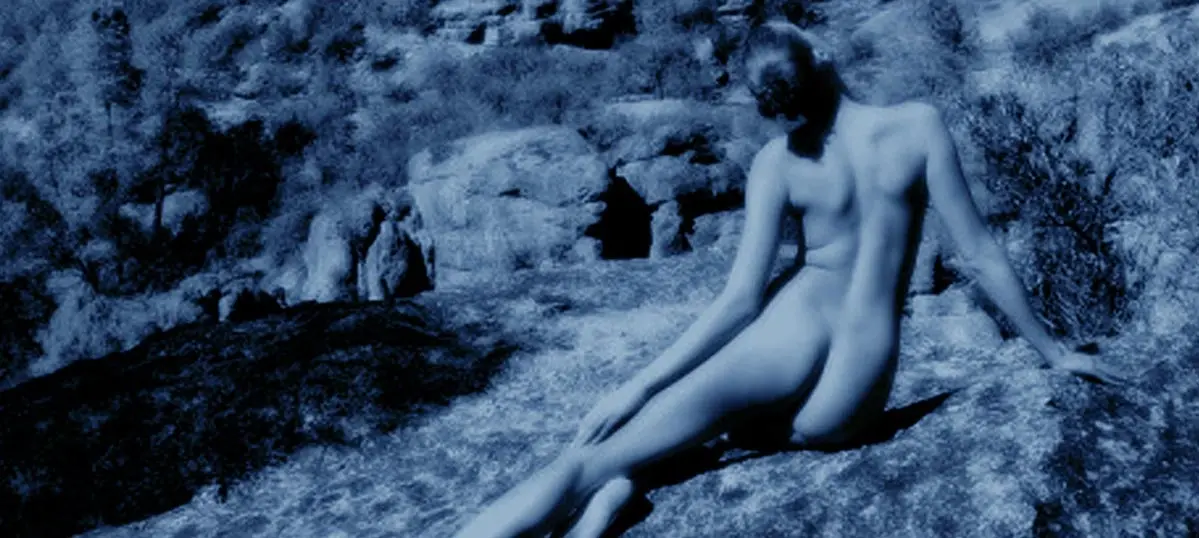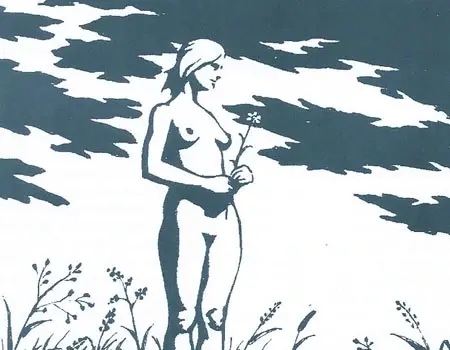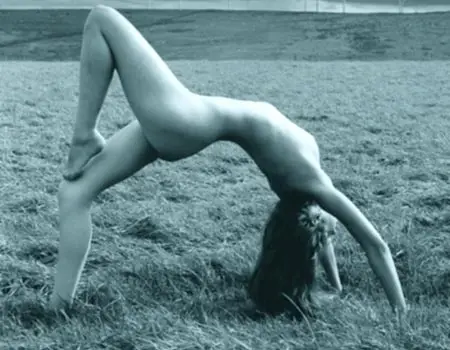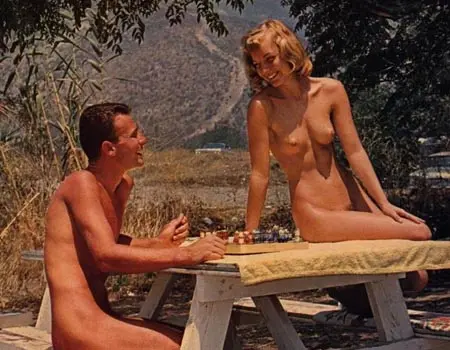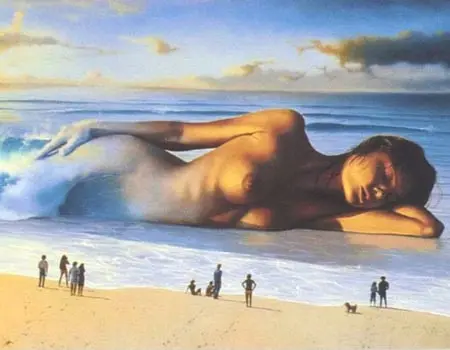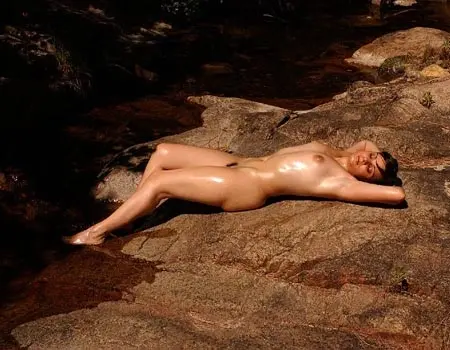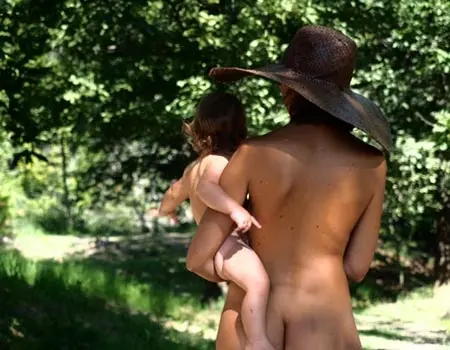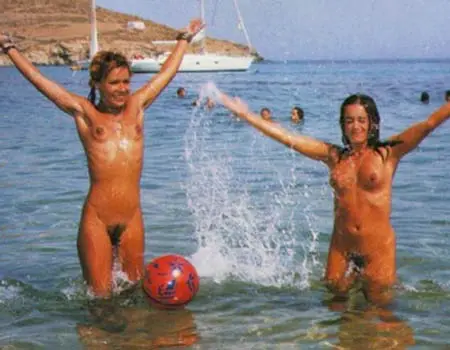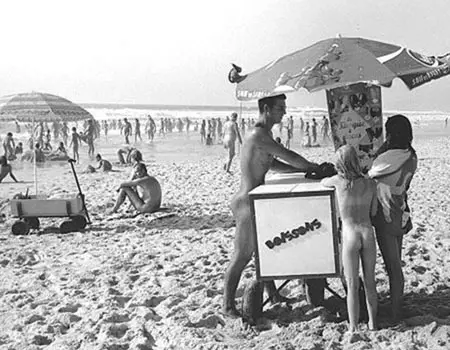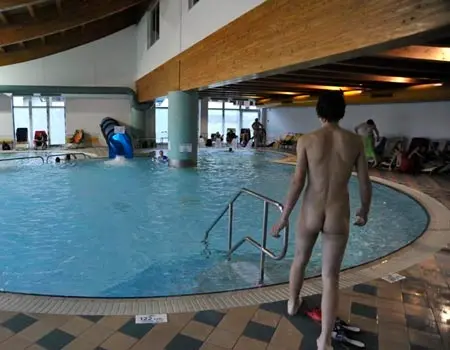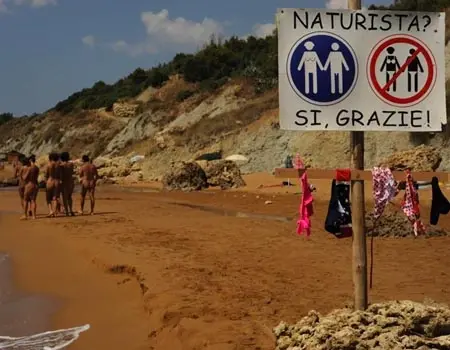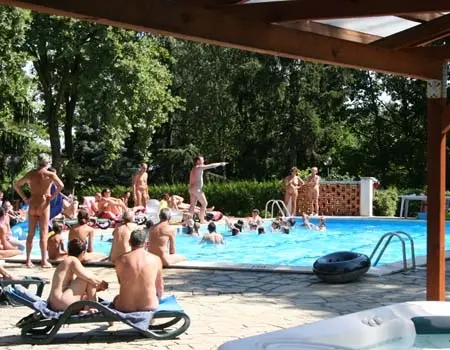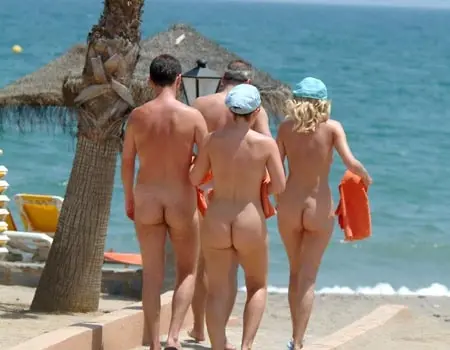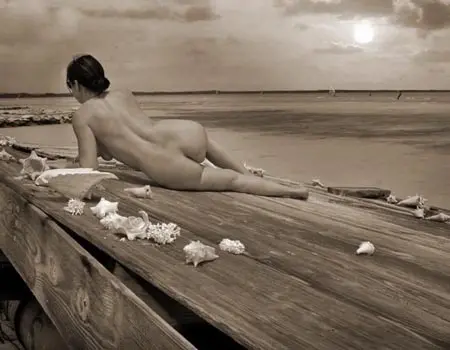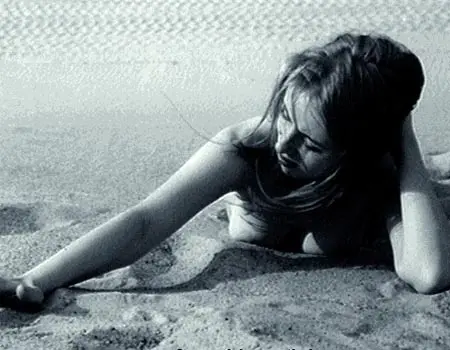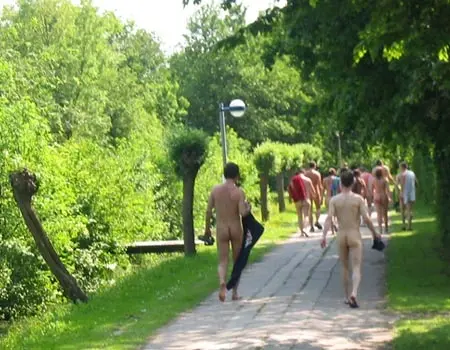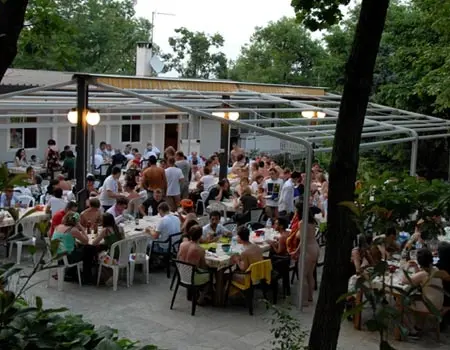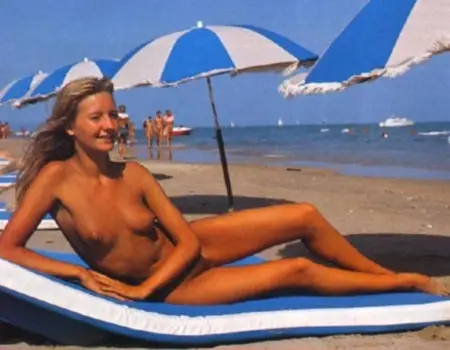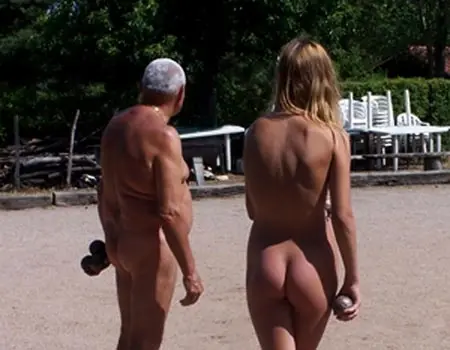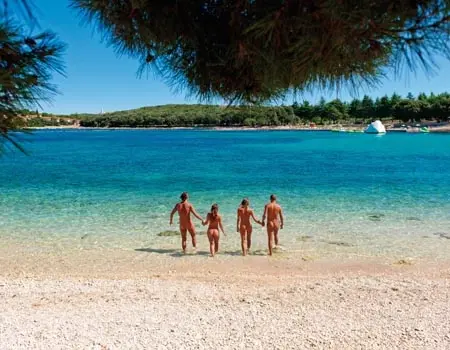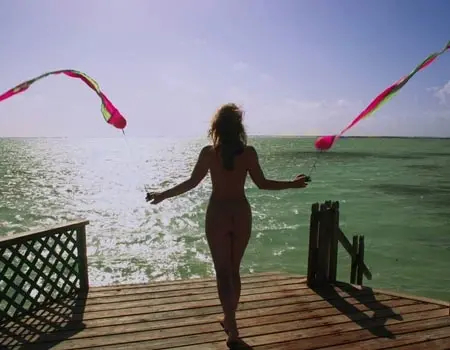In remember of Daniele Agnoli
Daniele Agnoli passed away on 26 February 2013.
For Italian naturists he represented, and will continue to repre¬sent, a touchstone for our movement. His three works are: Breve storia del Naturismo nei Paesi di Lingua Tedesca, Storia del Naturismo in Italia, L’ Idea Naturista in Francia. As well as being historical documents, they help us to better understand Naturism and its origins.
For Italian naturists he represented, and will continue to repre¬sent, a touchstone for our movement. His three works are: Breve storia del Naturismo nei Paesi di Lingua Tedesca, Storia del Naturismo in Italia, L’ Idea Naturista in Francia. As well as being historical documents, they help us to better understand Naturism and its origins.
But the most powerful writing of Daniele Agnoli was the Humanitarian Magazine “NATURISMO” published from 1972 to 1998, a rich collection of articles on human thought that contains, among other things, a complete bibliography.
Daniele Agnoli had profound admirers, but also opponents with different beliefs. Among his closest friends I remember Viky Sperandio, a pioneer of naturism in Trentino. however, one of his opponents, as a supporter of Darwin's the¬ses, was great naturist himself: Carlo Consiglio. But everyone always aimed to explain and disseminate the many aspects of our ethics of their beliefs. We are grateful to Daniele Agnoli and we will respectfully keep him in our memory and reread his works.
Daniel Agnoli (26/05/1927 – 26/02/2013)
He was born in Belluno on 26 May 1927. After attending the Classical Lyceum "Titian" he studied in Padua and Florence, majoring in philosophy with a thesis on "Aesthetics" under the guidance of the illustrious philosopher and educationalist Luigi Stefanini. In 1954-55 he was in Saarbrucken at the Higher Institute of European Studies at the the university.
At Tubingen he met Helga Burckhardt with whom he happily sha¬red his life since 1953. At Heidelberg and Germersheim (Mainz) he was a lecturer of the Italian language in the "Institutes for Interpreters" at the University.
After winning a competition at the Ministry of Education of Rome, he became an administrator at the Office of Education of Bolzano where for nearly twenty years he was Director of Education until his retirement. He devoted many years of his life to depth psychology and botany. From a young age, and throughout his life he went hiking and mountai¬neering. He had known Naturism as a boy in the basin of the Piave River and its tributaries. We are talking about the faraway 1940s. In 1980 he founded the Association of Italian Antitabagista
- AITA [Anti-Tobacco Smoking] in collaboration with Col. Ettore Liuni, President Capsor of Bologna, advanced significant argu¬ments against smoking, especially on a psychological level. For his merits the President of the Republic, Sandro Pertini, awarded him “Commender of the Order of Merit of the Italian Republic”. Finally, the INF/FNI gave the first prize in 1996 (and previous years) for the naturist press which was revisited for the issue of "Naturism" in the year 1998:
First Prize 1996 INF/FNI to "Naturism" Naturist and Humanitarian Magazine
"The President of the International Naturist Federation, Karl Josef Dressen, communicated by a letter dated 09/05/97 to Dr. Daniele Agnoli (Director and author of the Magazine) that the Central Committee of the International Naturist Federation had awarded to "Naturism", the first prize both for the year 1996, and also in consideration of previous publications. As you know, every year the INF/FNI, which represents more than thirty national federations in the world, awards Press Prizes to naturist organi¬zations who have distinguished themselves for the contents, news and editorial decorum of their publications in the spirit that the International Federation promotes worldwide.”
Letter of the Editor regarding “Naturism” on the aims of the magazine at its birth in faraway 1972, words that are, after all these years, more relevant than ever.
Naturism is not a philosophy of life such as entertainment or recreation or an excuse to get a full-bodied tan it is an objecti¬ve research of the reasons why certain stages of civilization refu¬se to adopt the practice of nudity.
Despite the fact that, for over one century, writers, artists and hygienists have praised the naturist virtues, those rational arguments did not have a notable appealing effect, as was so keenly desired. On the contrary, it seems to have repelled the modern reader who is more inclined to understand the so-called "weak philosophies" than questions of principle. Nowadays, even the man in the street uses speciali¬st expressions nonchalantly, but then if you ask him what he actually wants to say, his ideas are not entirely clear. If you want to speak competently about the issues of naturism, certain key concepts need to be clear.
These have come to be a part of every¬day language and are the result of elaborate studies by philo¬sophers, psychologists and analysts of high caliber. What rela-tionships and reactions does nudism have on the unconscious? Why are modern human beings ashamed of their body and their sex? And why do they exalt the body and at the same time fear it? Is it normal and natural that estrus arises at the mere sight of the naked body of the opposite sex, or is this a neurosis not provided for by nature?
For many naturists these issues are irrelevant because most of them are spontaneously on the right path and do not understand why so many people turn it into a tragedy of issues that are non-existent for them.
The problems pertain to those who are suffering from an anti-nudism neurosis and unfor¬tunately, precisely these people are the ones who control the fate of society.
Consequently they are the ones naturism has to cope with. In fact naturists need to be powerful and optimistic in the face of a majority clouded by taboos against nudity… because when it comes to big ideas, it is not so much the sheep-like suf-frage of amorphous and conventional masses that makes a difference but the genial intuition of an enlightened elite. It was with these intentions that on 1 January 1972 the publication of the magazine “Naturism” began.
Its intention was not to replace the various bulletins of the individual associations, dealing with topics of general interest (with emphasis on theoretical argu¬ments drawn from the copious bibliography and ideological heritage of the naturist movement), but to be a training ground of ideas, a vehicle for exchange with the purpose to bring a little light to the confusion existing in the Italian naturist movement.
The magazine wanted to make a concrete contribution of ideas without claiming to be the voice of truth to lay down the law with regard to naturist orthodoxy, but a sort of “convention” of many voices informed by a common desire to outline the broad lines of the naturist idea.
Daniele Agnoli had profound admirers, but also opponents with different beliefs. Among his closest friends I remember Viky Sperandio, a pioneer of naturism in Trentino. however, one of his opponents, as a supporter of Darwin's the¬ses, was great naturist himself: Carlo Consiglio. But everyone always aimed to explain and disseminate the many aspects of our ethics of their beliefs. We are grateful to Daniele Agnoli and we will respectfully keep him in our memory and reread his works.
Daniel Agnoli (26/05/1927 – 26/02/2013)
He was born in Belluno on 26 May 1927. After attending the Classical Lyceum "Titian" he studied in Padua and Florence, majoring in philosophy with a thesis on "Aesthetics" under the guidance of the illustrious philosopher and educationalist Luigi Stefanini. In 1954-55 he was in Saarbrucken at the Higher Institute of European Studies at the the university.
At Tubingen he met Helga Burckhardt with whom he happily sha¬red his life since 1953. At Heidelberg and Germersheim (Mainz) he was a lecturer of the Italian language in the "Institutes for Interpreters" at the University.
After winning a competition at the Ministry of Education of Rome, he became an administrator at the Office of Education of Bolzano where for nearly twenty years he was Director of Education until his retirement. He devoted many years of his life to depth psychology and botany. From a young age, and throughout his life he went hiking and mountai¬neering. He had known Naturism as a boy in the basin of the Piave River and its tributaries. We are talking about the faraway 1940s. In 1980 he founded the Association of Italian Antitabagista
- AITA [Anti-Tobacco Smoking] in collaboration with Col. Ettore Liuni, President Capsor of Bologna, advanced significant argu¬ments against smoking, especially on a psychological level. For his merits the President of the Republic, Sandro Pertini, awarded him “Commender of the Order of Merit of the Italian Republic”. Finally, the INF/FNI gave the first prize in 1996 (and previous years) for the naturist press which was revisited for the issue of "Naturism" in the year 1998:
First Prize 1996 INF/FNI to "Naturism" Naturist and Humanitarian Magazine
"The President of the International Naturist Federation, Karl Josef Dressen, communicated by a letter dated 09/05/97 to Dr. Daniele Agnoli (Director and author of the Magazine) that the Central Committee of the International Naturist Federation had awarded to "Naturism", the first prize both for the year 1996, and also in consideration of previous publications. As you know, every year the INF/FNI, which represents more than thirty national federations in the world, awards Press Prizes to naturist organi¬zations who have distinguished themselves for the contents, news and editorial decorum of their publications in the spirit that the International Federation promotes worldwide.”
Letter of the Editor regarding “Naturism” on the aims of the magazine at its birth in faraway 1972, words that are, after all these years, more relevant than ever.
Naturism is not a philosophy of life such as entertainment or recreation or an excuse to get a full-bodied tan it is an objecti¬ve research of the reasons why certain stages of civilization refu¬se to adopt the practice of nudity.
Despite the fact that, for over one century, writers, artists and hygienists have praised the naturist virtues, those rational arguments did not have a notable appealing effect, as was so keenly desired. On the contrary, it seems to have repelled the modern reader who is more inclined to understand the so-called "weak philosophies" than questions of principle. Nowadays, even the man in the street uses speciali¬st expressions nonchalantly, but then if you ask him what he actually wants to say, his ideas are not entirely clear. If you want to speak competently about the issues of naturism, certain key concepts need to be clear.
These have come to be a part of every¬day language and are the result of elaborate studies by philo¬sophers, psychologists and analysts of high caliber. What rela-tionships and reactions does nudism have on the unconscious? Why are modern human beings ashamed of their body and their sex? And why do they exalt the body and at the same time fear it? Is it normal and natural that estrus arises at the mere sight of the naked body of the opposite sex, or is this a neurosis not provided for by nature?
For many naturists these issues are irrelevant because most of them are spontaneously on the right path and do not understand why so many people turn it into a tragedy of issues that are non-existent for them.
The problems pertain to those who are suffering from an anti-nudism neurosis and unfor¬tunately, precisely these people are the ones who control the fate of society.
Consequently they are the ones naturism has to cope with. In fact naturists need to be powerful and optimistic in the face of a majority clouded by taboos against nudity… because when it comes to big ideas, it is not so much the sheep-like suf-frage of amorphous and conventional masses that makes a difference but the genial intuition of an enlightened elite. It was with these intentions that on 1 January 1972 the publication of the magazine “Naturism” began.
Its intention was not to replace the various bulletins of the individual associations, dealing with topics of general interest (with emphasis on theoretical argu¬ments drawn from the copious bibliography and ideological heritage of the naturist movement), but to be a training ground of ideas, a vehicle for exchange with the purpose to bring a little light to the confusion existing in the Italian naturist movement.
The magazine wanted to make a concrete contribution of ideas without claiming to be the voice of truth to lay down the law with regard to naturist orthodoxy, but a sort of “convention” of many voices informed by a common desire to outline the broad lines of the naturist idea.
